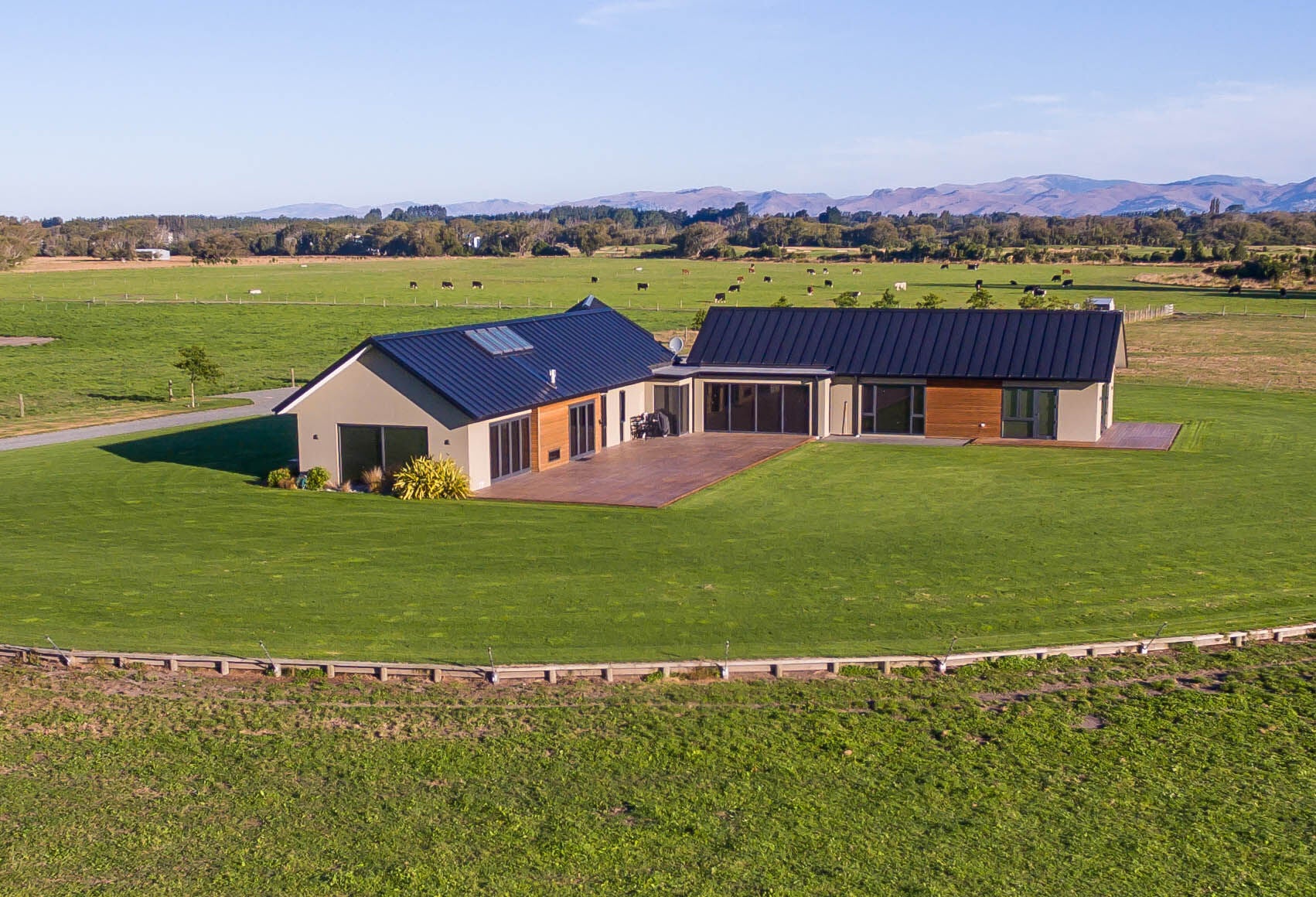Lifestyle blocks link town and country.
Despite the level of uncertainty Covid-19 has injected into everyday life globally, the New Zealand property market continues to remain strong and no more so than for rural lifestyle blocks.
Latest real estate data indicates just how strong this market has been for the past few tumultuous months. Sales for the three months to the end of August are up a massive 44 percent on the same period last year, at 2,354 properties sold. This marks the busiest sales period for over five years in the lifestyle block market.
Sales for the three months to the end of August are up a massive 44 percent on the same period last year, at 2,354 properties sold. This marks the busiest sales period for over five years in the lifestyle block market.
Meantime year to date sales prove this is more than a blip, with the 7,298 properties sold to the end of August up six percent on last year.
Duncan Ross, Bayleys national director rural said the jump in sales has been significant and the increase in quantity area sold has also been matched by an increase in property value, with average sales value up $50,000 at $750,000.
Mark Pringle, Bayleys Rangiora lifestyle block specialist said in his 30 years of experience he has rarely witnessed a market like the one being experienced at present in Canterbury.
“We are finding there is an intense level of interest in lifestyle blocks around Christchurch. We had quite a surge in the market after the earthquake when many people left the city for districts like Waimakariri.
“This time though we are getting interest from further afield including several enquiries from ex-pats living in Melbourne who are very keen to come back to New Zealand after enduring lockdown over there.”
New Zealand’s growing reputation as a country that has proven itself capable of managing Covid-19 and enabling daily life to generally continue is adding to the appeal of having a piece of personal space that may extend across several hectares with a lifestyle block.
New Zealand’s growing reputation as a country that has proven itself capable of managing Covid-19 and enabling daily life to generally continue is adding to the appeal of having a piece of personal space that may extend across several hectares with a lifestyle block.
Mark says that the value for money element with a lifestyle property also looks appealing when compared to higher value city dwellings.
“It is not unreasonable to expect to get a good quality four or five bedroom home on three to four hectares for between $800,000 to $1.2 million. That is a price that compares very favourably with what you may get in a city.”
Significant spend on roading infrastructure in regions including Waikato, Canterbury and north of Auckland have also added to the appeal of properties that enable their owners to comfortably work in the city, while enjoying living in the country.
“Here in Canterbury we have a new motorway right through from North Canterbury to Cranford Street to be completed and the second part of the southern motorway is also due to be opened before Christmas, so access in and out of the city is vastly improved on where it was even before the earthquake.”
Based on his experience selling lifestyle blocks, Mark points to several aspects potential buyers should keep in mind when casting around for a slice of rural life.
Moving to a rural location can bring a clash between lifestyle owners’ expectations and the realities of living near commercial farming businesses.
“It pays to make sure you have done all your checks, including LIM reports, so you are aware of the property’s surroundings, what else is going on around the property.”
Checking building reports for all structures is important also, to ensure they are compliant and legal with council codes and permissions.
Checking on water supply sources can also be important if the property is further out than city supplied water goes, particularly if rainwater storage is the main supply source.
Duncan Ross says that national interest in lifestyle blocks has grown since level four lockdown.
“As more Kiwis have been required to work from home and learnt to manage it comfortably, they are looking harder at their options, and questioning whether they do want to be in a city, or somewhere that may be quieter, with room for family to run around and even run some animals.”
He said there is also an emotional link for many people considering lifestyle blocks.
“The connection to rural New Zealand is still strong for many people, and lifestyle blocks are a way for them to re-connect with a life they may have had growing up themselves as kids.”
Bayleys Country magazine out this week reflects the wide range of lifestyle block opportunities available around the country, with 52 lifestyle properties on offer.

